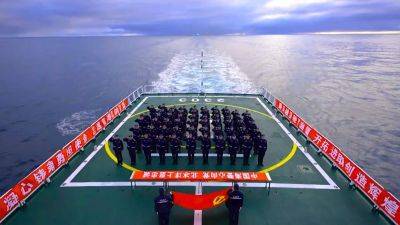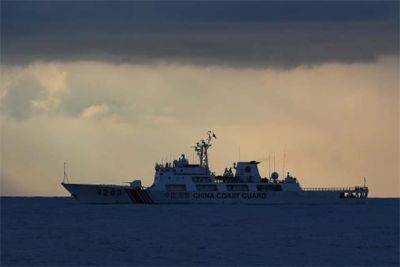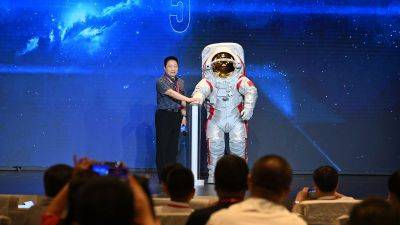The lost art of understanding the enemy
On October 1, 1970, China’s People’s Daily published a picture on its front page showing American writer Edgar Snow standing next to Mao Zedong on the Tien An Men gate tower. Snow, the author of the acclaimed “Red Star Over China”, had met Mao in Yenan in 1936, and while not himself a Communist, never hid his sympathies both for China and its new regime.
Coming at a time when relations between Washington and Beijing were beginning to thaw, the picture was supposed to convey a powerful message to the US political establishment. By appearing in public with an American, Mao showed that he personally endorsed a resumption of bilateral relations. But it was all for naught.
In Mao’s eyes, Snow was an American. But in the eyes of the American establishment, he was just another Communist sympathizer. Thus, while the writing was on the wall, the message never got through because the intended recipient did not know how to read. It thus took more time and effort to convince Washington that China was ready to talk.
Reading one’s counterpart, be it an opponent, an ally, or even just an interlocutor, is not something that governments normally excel at. And, generally, the stronger the government, the more it is tempted to impose its own views and the less it is inclined to actually understand, not to say disregard, those of the party it is dealing with.
In this regard, the United States’ record is no different from that of the imperial powers that once held sway in the international arena. Starting from the Second World War, the United States’s power was so overwhelming that it could, within its sphere of influence, operate practically on its own terms.
But there were hiccups, and Vietnam proved one of them. In the spring of 1965, as







